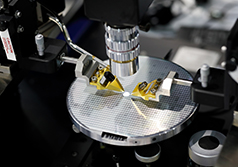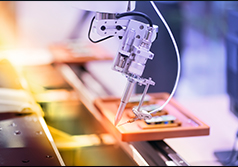State-of-Charge Estimation Techniques for Lithium-Ion Batteries: Challenges and Innovations
Introduction:
Lithium-ion batteries have become indispensable power sources in various applications, ranging from portable electronic devices to electric vehicles and renewable energy storage systems. Their high energy density, long cycle life, and relatively low self-discharge rate make them a preferred choice for powering modern technologies. However, efficient management of lithium-ion batteries requires accurate monitoring of their State-of-Charge (SOC). SOC estimation is crucial for optimizing battery performance, ensuring safe operation, and extending the overall lifespan of the battery.
Challenges in State-of-Charge Estimation:
Accurately estimating the SOC of a lithium-ion battery is a complex task due to various factors that influence battery behavior. Some of the challenges include non-linearity, temperature dependence, aging effects, and variations in cell characteristics. The inherent complexity of lithium-ion battery chemistries makes it difficult to develop a one-size-fits-all approach for SOC estimation. As a result, researchers and engineers have explored a range of estimation techniques to address these challenges.
State-of-Charge Estimation Techniques:
-
Coulomb Counting:
- One of the simplest methods involves tracking the charge and discharge currents over time. By integrating these currents, it is possible to estimate the SOC. However, this method is prone to cumulative errors and does not account for changes in battery capacity over time.
-
Open-Circuit Voltage (OCV) Method:
- The OCV method relies on the relationship between the battery's open-circuit voltage and its SOC. This technique is particularly effective during periods of battery rest, but its accuracy can be affected by factors such as temperature and aging.
-
Kalman Filtering:
- Kalman filters combine measurements from multiple sources, such as voltage, current, and temperature sensors, to estimate SOC. These adaptive filters account for system uncertainties and noise, providing a more robust estimation. However, the implementation complexity and computational requirements can be higher.
-
Neural Network Approaches:
- Machine learning, particularly neural networks, has gained popularity in recent years for SOC estimation. These models can learn complex relationships within the battery system and adapt to changing conditions. Hybrid models combining physics-based and data-driven approaches have shown promising results.
-
Impedance Spectroscopy:
- By analyzing the frequency response of a lithium-ion battery, impedance spectroscopy can provide insights into its internal electrochemical processes. This information can be leveraged for accurate SOC estimation. However, real-time implementation can be challenging due to the need for complex equipment.
-
Extended Kalman Filter (EKF):
- EKF is an advanced version of the Kalman filter that incorporates system dynamics and battery model parameters. This method is particularly effective when a detailed battery model is available, allowing for precise SOC estimation even under varying conditions.
Conclusion:
The accurate estimation of State-of-Charge is pivotal for optimizing the performance and longevity of lithium-ion batteries. Various estimation techniques, ranging from traditional methods like Coulomb counting to advanced approaches like neural networks and EKF, offer solutions to the challenges associated with SOC estimation. The choice of the technique depends on factors such as application requirements, available sensors, and computational resources. As the demand for energy storage continues to grow, ongoing research and innovation in SOC estimation techniques will play a crucial role in enhancing the reliability and efficiency of lithium-ion battery systems.
Subscribe to Us !
-
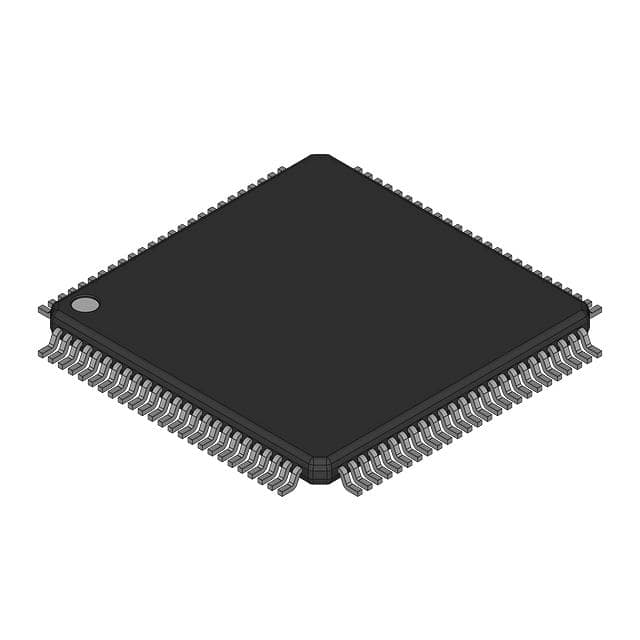 LV71081E-MPB-E
LV71081E-MPB-Eonsemi
-
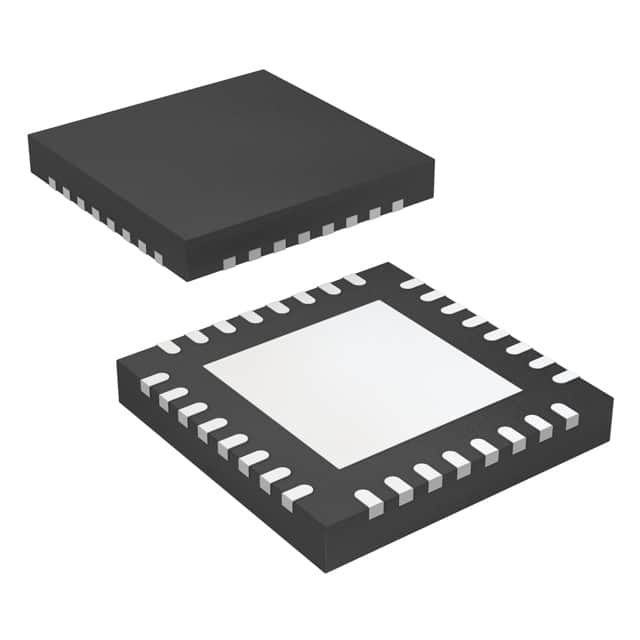 LMK00334RTVRQ1
LMK00334RTVRQ1Texas Instruments
-
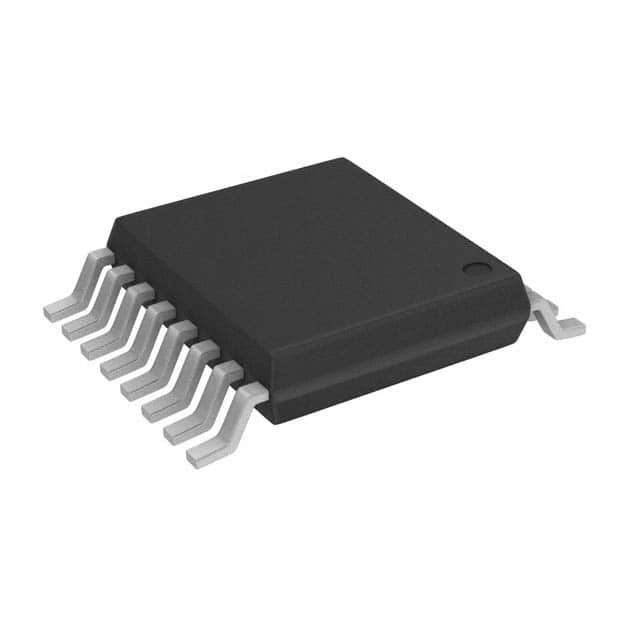 PI6C557-03LEX
PI6C557-03LEXDiodes Incorporated
-
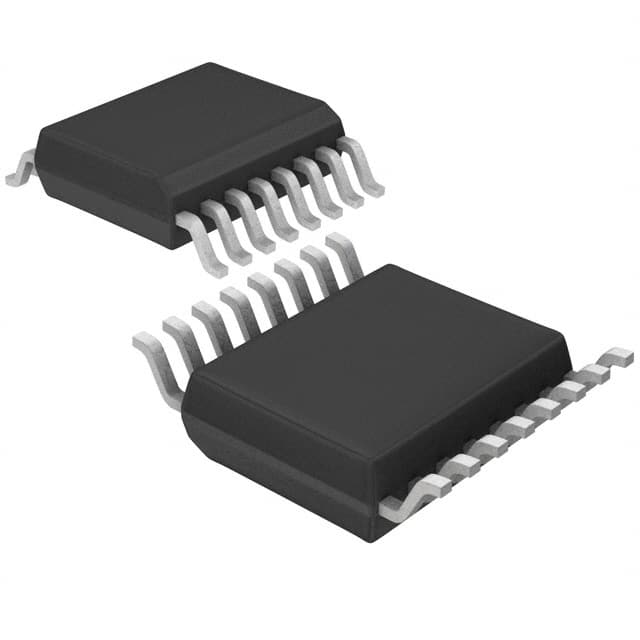 PCM1753DBQR
PCM1753DBQRTexas Instruments
-
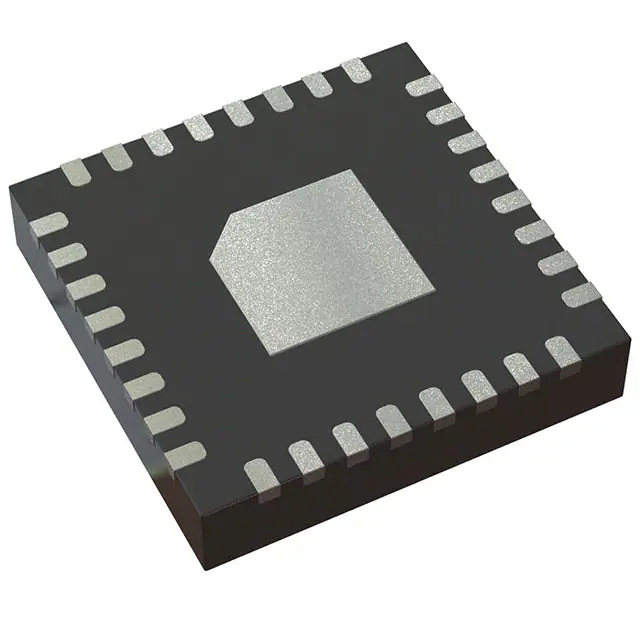 ADS1204IRHBT
ADS1204IRHBTTexas Instruments
-
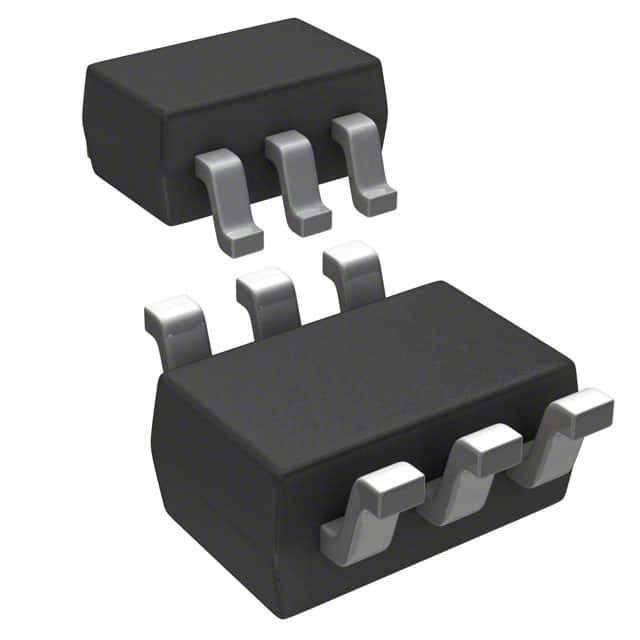 MCP4018T-104E/LT
MCP4018T-104E/LTMicrochip Technology
-
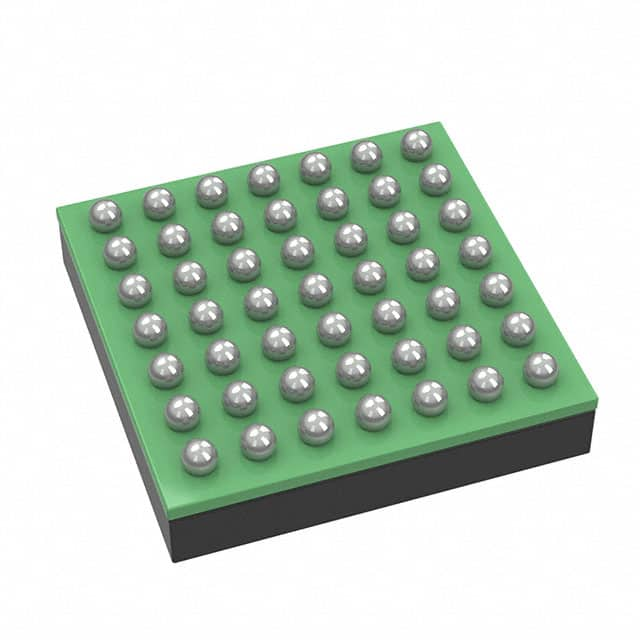 T4F49C2
T4F49C2Efinix, Inc.
-
.jpg) A40MX02-PLG44
A40MX02-PLG44Microchip Technology
-
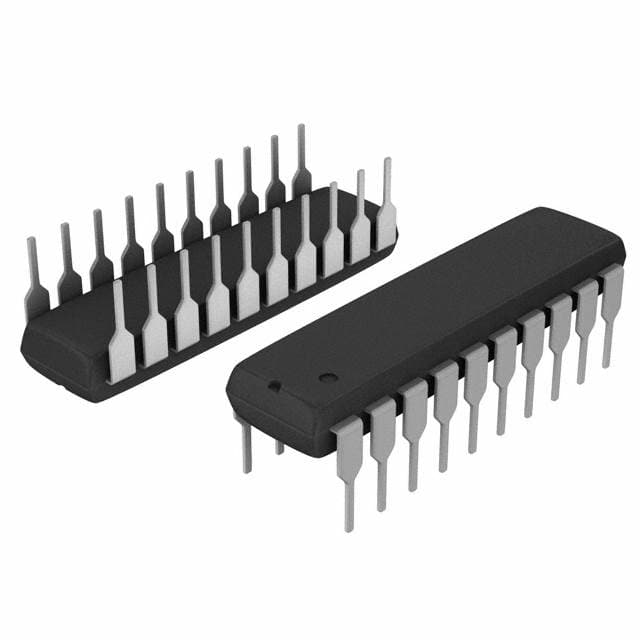 ATF16V8C-7PU
ATF16V8C-7PUMicrochip Technology
-
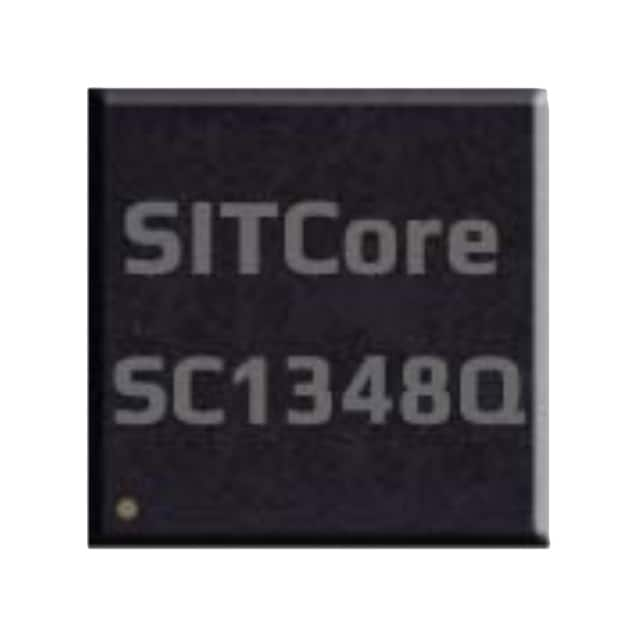 SC-13048Q-A
SC-13048Q-AGHI Electronics, LLC



